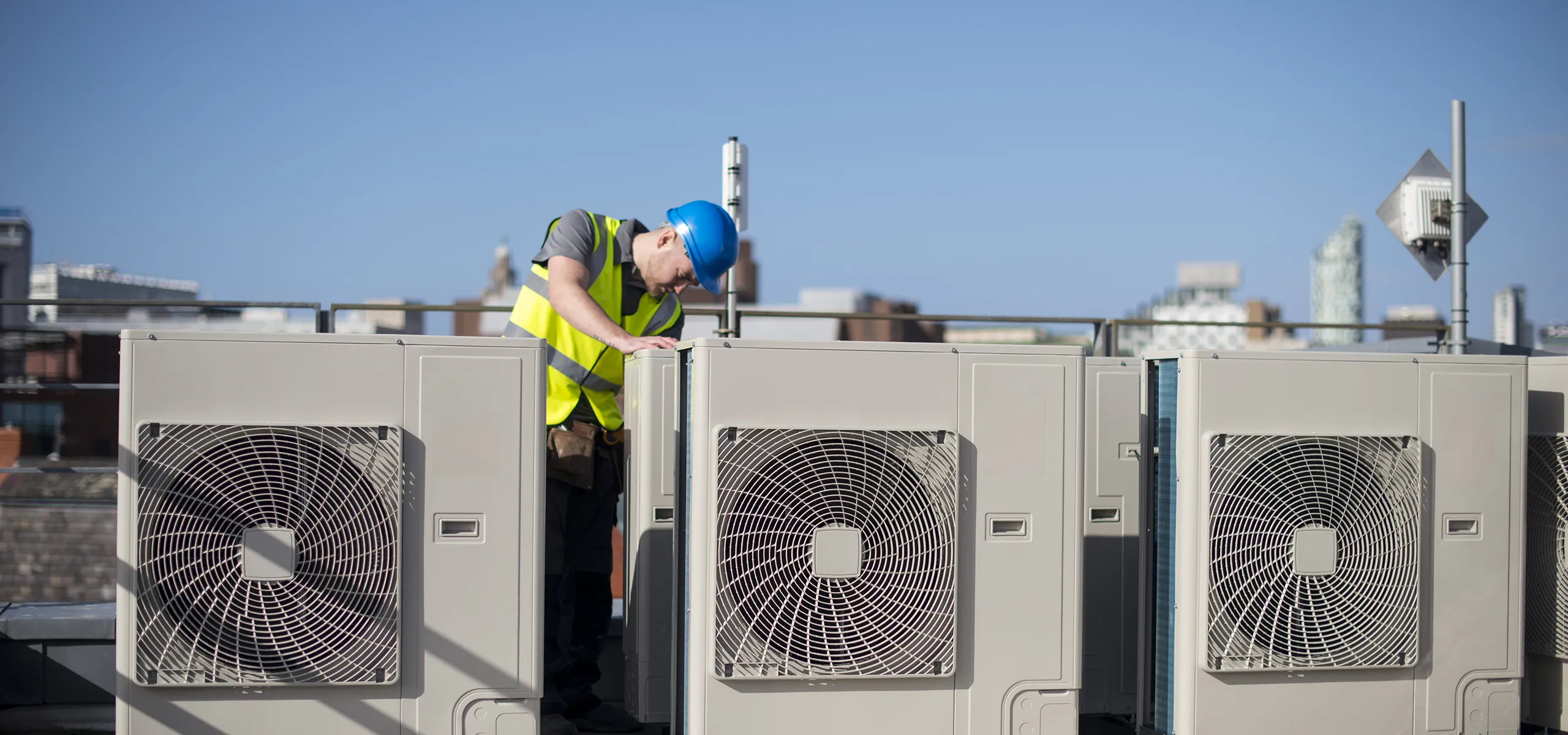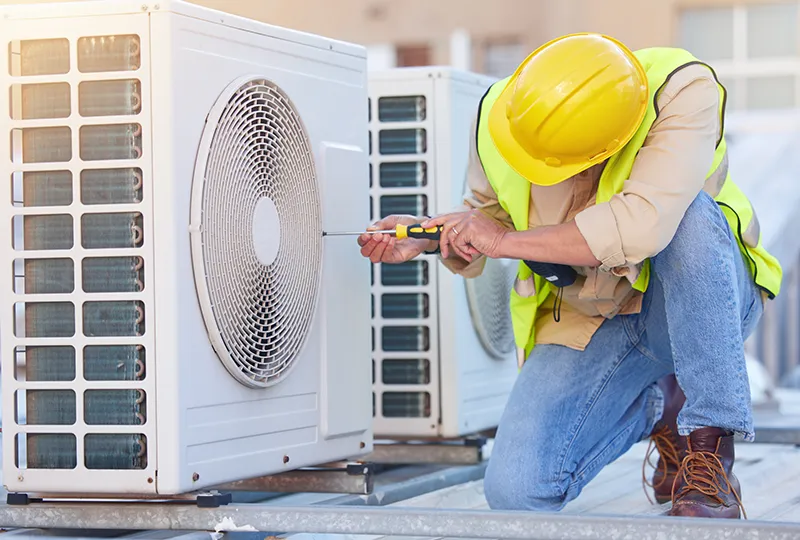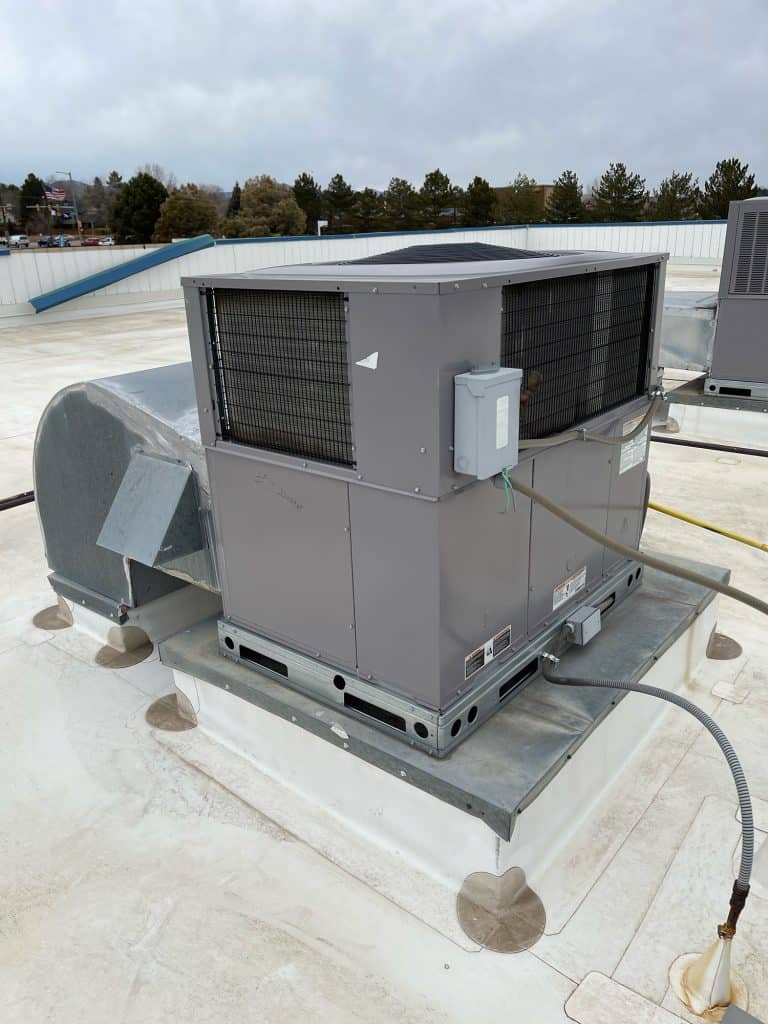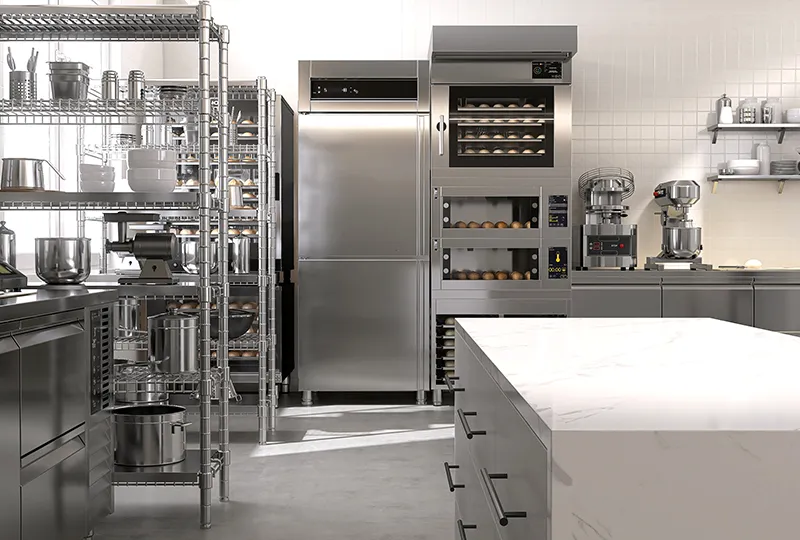
Preventative Maintenance
We offer preventative maintenance contracts to commercial property owners, landlords, major food chains, and restaurants.
Why Schedule Regular Preventive Maintenance?


What’s included in a Preventive Maintenance Appointment?
During your AC and heating maintenance, our HVAC technician will:
Proactive Replacements and Installations:
Your technician will also identify any broken, worn, or failing components. We will communicate any concerns found during inspection and provide recommendations. Maximizing the life-span of your equipment is our top priority.
This proactive approach helps ensure that all parts of the system are working together properly and not causing strain on the more complex parts of the system, which could lead to major system failures and emergency repairs.
Refrigeration Maintenance
At Temperature Engineering, we understand how critical reliable refrigeration is to your business, restaurant, or property operations. That’s why we offer expert routine refrigeration maintenance helping you avoid costly breakdowns, improve energy efficiency, and extend the life of your equipment.
During your maintenance appointment, our technicians will:
With regular maintenance, you can count on fewer emergencies, lower energy bills, and longer-lasting equipment — giving you peace of mind and protecting your bottom line.




